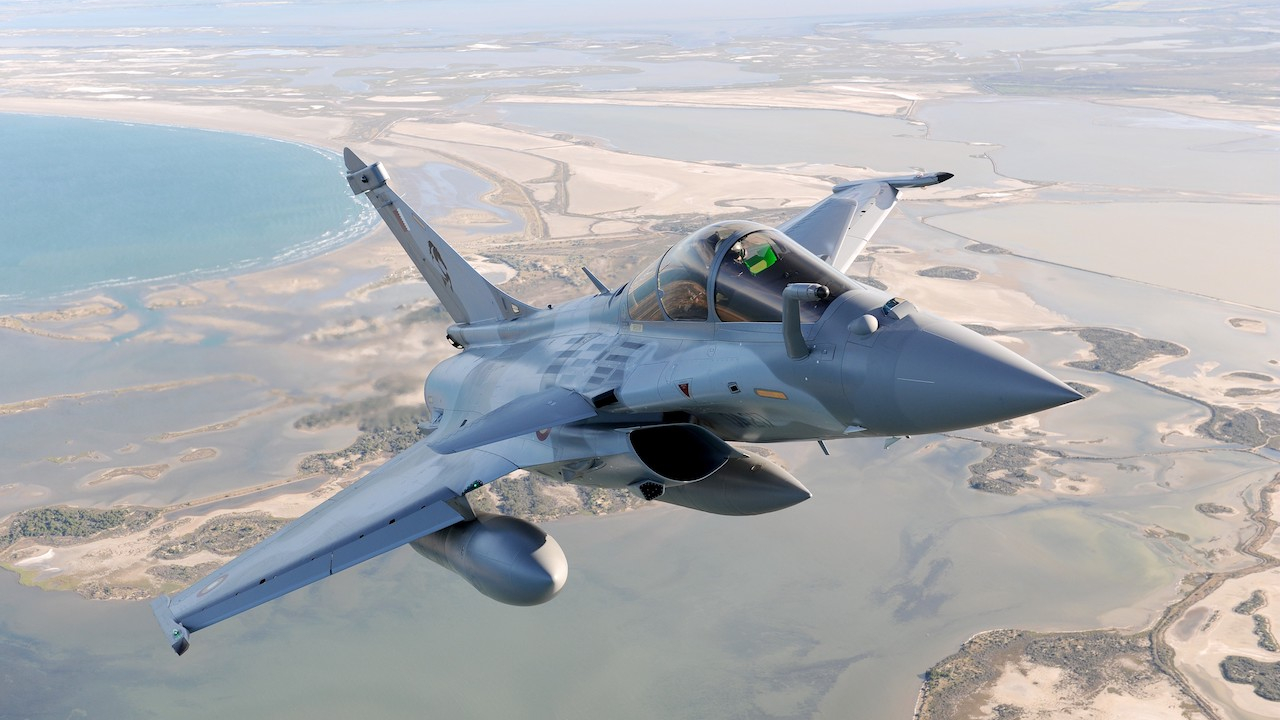GCC overspends to counter Iran warns Forecast International report

Forecast International analyst Dan Darling said in the report that the GCC states continue to seek a distinct qualitative military-technological edge over Tehran.
Iran's manpower and missile strengths camouflage some serious weaknesses, such as command-and-control shortcomings, a combat aircraft fleet falling into disrepair and an armored vehicle inventory of questionable capability.
Other than its long-range missiles, Iran is limited for now in its ability to project conventional military power across the Gulf, Darling said.
The analyst said that although it may lack the modern material seen in most Tier 1 militaries, Iran continues to improve and expand its weaponry and invests in defence. Tehran spends around $9.3-9.5 billion annually, said Darling adding that this level of spend is likely to continue.
This level of expenditure places it amongst the five highest defence spenders in the region, behind Saudi Arabia, Israel, Iraq and the UAE. Much of Iran's defence investment goes towards personnel costs, missile programs, upgrading existing platforms and developing indigenous hardware.
"The major defence markets of the Middle East continue to be dominated by the U.S.," Darling said. "Russia has footholds in Syria and Yemen and is making efforts to help equip the Lebanese Armed Forces. But its regional market share pales in comparison to that of the U.S. With President Medvedev signing a decree back in September banning the supply of a variety of Russian armaments to Iran, the other major market for which Moscow was the principal supplier is now likely to be ceded to China."
Stay up to date
Subscribe to the free Times Aerospace newsletter and receive the latest content every week. We'll never share your email address.

